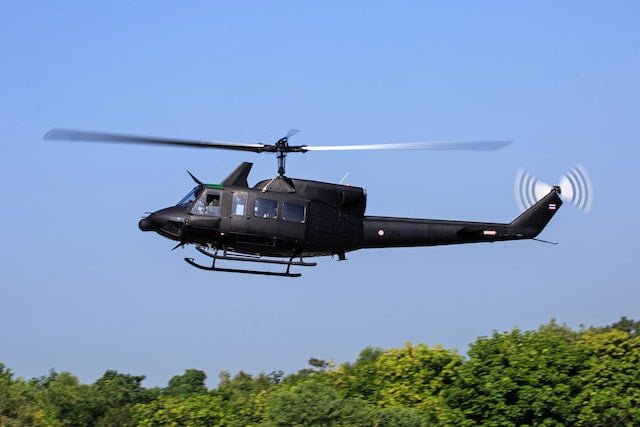You might have heard of the term “helicopter parenting,” a style of child-rearing characterized by over-involvement and excessive attention to a child’s life. While the underlying intention is typically born from love and the desire to protect and create opportunities for their child, helicopter parenting can sometimes do more harm than good. It can stifle independence, hinder resilience, and contribute to anxiety and depression. Breaking free from this parenting style is crucial for both the parent and the child’s overall growth and well-being.
Understanding Helicopter Parenting
Helicopter parenting, coined in 1990 by child development researchers Foster Cline and Jim Fay, describes parents who are overly focused on their children. They typically take too much responsibility for their children’s experiences and, specifically, their successes or failures. This parenting style can lead to children having difficulties in coping with the demands of adulthood and can instill a sense of entitlement or unpreparedness for real-world challenges.
Effects of Helicopter Parenting
Hindered Emotional Growth and Resilience: Over-protection can limit a child’s opportunity to navigate challenges, learn from mistakes, and develop coping mechanisms and resilience.
Increased Anxiety and Depression: Research shows that children of helicopter parents can have higher levels of anxiety and depression, as the excessive control can lead to feelings of helplessness and low self-efficacy.
Struggles with Independence: Children accustomed to having their lives micro-managed may find decision-making and independent living in adulthood challenging.
Breaking Free from Helicopter Parenting
Promote Independence: Encourage children to make decisions, solve problems, and do things independently, appropriate to their age and maturity level.
Let them Face Natural Consequences: Allow children to learn from their mistakes. It’s through trial and error that they learn resilience and the ability to cope with life’s ups and downs.
Provide Emotional Support, Not Solutions: Be there to provide emotional support, but avoid stepping in to solve all their problems. This approach enables them to develop their problem-solving skills.
Set Healthy Boundaries: Parents need to establish healthy emotional boundaries that encourage children’s autonomy and self-expression.
Seek Professional Help: A mental health professional can provide valuable guidance and strategies to help transition away from helicopter parenting.
Breaking My Addictions Summary: Letting Growth Take Flight
Helicopter parenting, despite its good intentions, can impede children’s ability to grow into confident, competent adults. By promoting independence, allowing natural consequences, offering emotional support, and setting healthy boundaries, parents can help their children break free from the overbearing shadow of the helicopter. It’s about finding a balance that allows for nurturing guidance alongside fostering independence—a balance that allows children to soar on their own.





